Your Top Questions About Reverse Mortgages Answered
Equal Housing Lender


Licensed by Department of Business Oversight under California Residential Mortgage Lending Act
© 2024 — City First Mortgage Services

We understand that reverse mortgages come with their own set of questions and complexities. That's why this blog is dedicated to answering some of the most common questions we receive about reverse mortgages, providing you with clarity and confidence in your financial decisions.
1. What is a reverse mortgage?
A reverse mortgage is a loan available to homeowners 62 years or older, allowing them to convert part of the equity in their home into cash. The unique aspect of a reverse mortgage is that, unlike traditional loans, borrowers do not have to repay the loan until they sell the home, move out, or pass away.
2. How does a reverse mortgage differ from a traditional home equity loan?
Unlike traditional home equity loans or lines of credit, with a reverse mortgage, borrowers do not have to make monthly mortgage payments. The loan is repaid when the borrower no longer uses the home as their primary residence.
3. What are the eligibility requirements for a reverse mortgage?
To qualify for a reverse mortgage, you must be at least 62 years old, own your home outright or have a low mortgage balance that can be paid off at closing with proceeds from the reverse loan, and live in the home as your primary residence.
4. Can I choose how to receive the funds from a reverse mortgage?
Yes, borrowers can choose to receive the funds as a lump sum, monthly payments, a line of credit, or a combination of these options.
5. Are there restrictions on how I can use the money from a reverse mortgage?
No, there are no restrictions. You can use the money from a reverse mortgage however you see fit, whether it's to cover living expenses, pay for healthcare, make home improvements, or use it for leisure and travel.
6. What happens if I outlive the loan? Will I have to move out?
No, you won't have to move out. As long as you comply with the loan terms, such as paying property taxes and insurance and maintaining the home, you can continue living in the home for as long as you wish.
7. What happens to my home after I pass away or move out?
Once the home is no longer your primary residence, the loan becomes due. Your heirs will have the option to repay the loan and keep the home, sell the home to repay the loan, or turn the home over to the lender to satisfy the debt.
8. Will my heirs be responsible for repaying the loan balance if it exceeds the home's value?
No, reverse mortgages are non-recourse loans. If the loan balance exceeds the home's value, your heirs will not have to pay the difference as long as the home is sold at fair market value.
9. How does a reverse mortgage affect my heirs and estate?
Your heirs will need to settle the loan balance after you pass away or move out. They can choose to pay off the loan and keep the home, sell the home to repay the loan, or let the lender sell the home. Any remaining equity after the loan is repaid belongs to your heirs.
10. Can I cancel a reverse mortgage if I change my mind?
Yes, after closing on a reverse mortgage, you have a three-day right of rescission period during which you can cancel the loan without penalty.

Read More:







